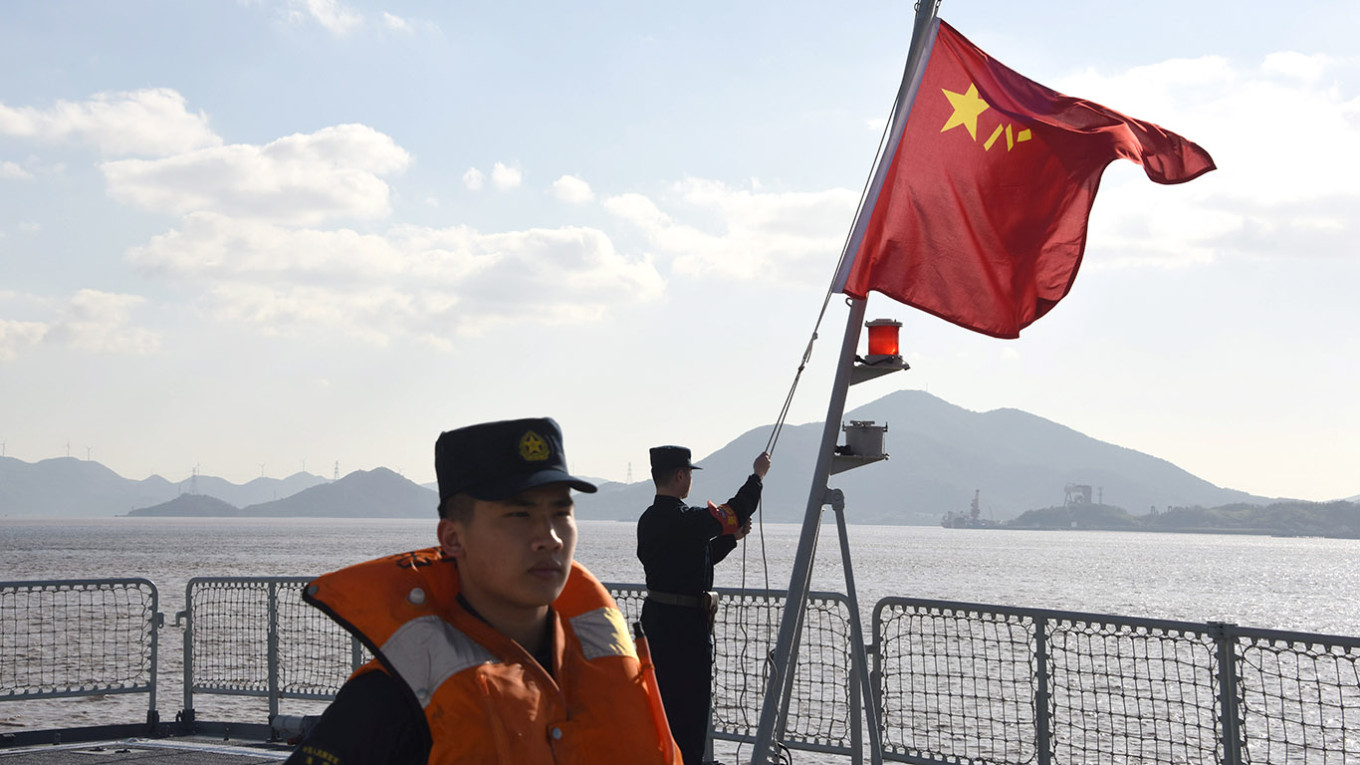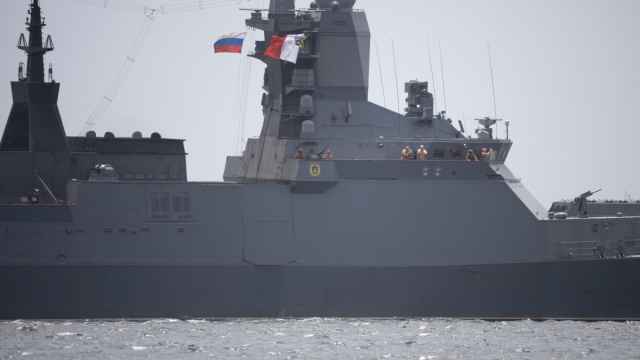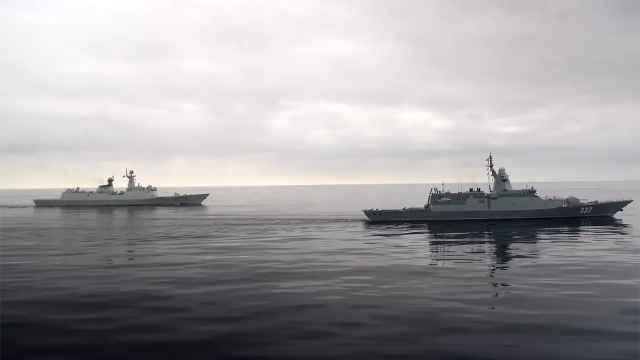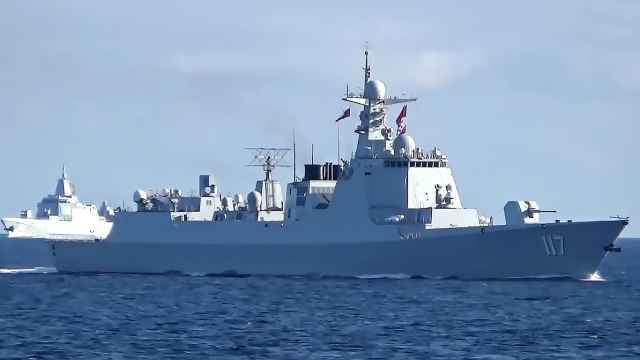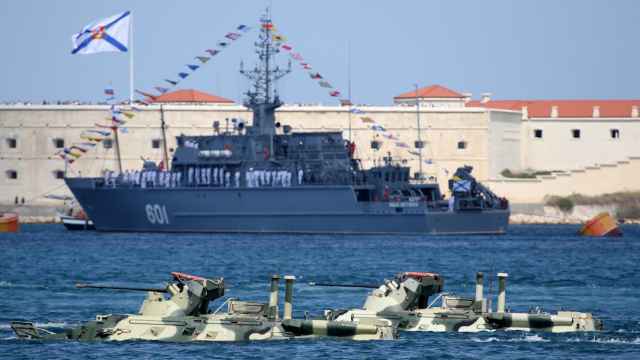China said Friday it was conducting joint military drills with Russia along its southern coast, after a U.S.-led Western defense alliance met in Washington and Japan warned of a growing threat from Beijing's strong ties with Moscow.
China's Defense Ministry said the two militaries had begun the exercises, called Joint Sea-2024, in "early July" and they would last until the middle of this month.
The drills in the waters and airspace around Zhanjiang, a city in southern Guangdong province, are "to demonstrate the resolve and capabilities of the two sides in jointly addressing maritime security threats and preserving global and regional peace and stability," the ministry said.
It added that the exercises "will further deepen China-Russia comprehensive strategic partnership of coordination for the new era."
They were taking place in accordance with Beijing and Moscow's annual plan for military engagement, according to the ministry.
The announcement came in the same week that NATO leaders convened in Washington to reaffirm support for Ukraine amid Russia's invasion.
China and Russia have drawn closer in recent years and tout their friendship as having "no limits," and both share hostile relations with NATO.
NATO leaders said in a declaration on Wednesday that China had "become a decisive enabler" of Moscow's invasion of Ukraine, prompting Beijing to warn NATO against "provoking confrontation."
China maintains that it is not a party to the Ukraine conflict but has been criticized by Western leaders for giving political and economic support to Russia, including in the trade of goods with both civilian and military uses.
Chinese forces are also staging drills this week with Belarus, another Russian ally, on NATO's eastern border.
And Japan said Friday that joint China-Russia activities near its territory pose a "grave concern from the perspective of national security."
A Message from The Moscow Times:
Dear readers,
We are facing unprecedented challenges. Russia's Prosecutor General's Office has designated The Moscow Times as an "undesirable" organization, criminalizing our work and putting our staff at risk of prosecution. This follows our earlier unjust labeling as a "foreign agent."
These actions are direct attempts to silence independent journalism in Russia. The authorities claim our work "discredits the decisions of the Russian leadership." We see things differently: we strive to provide accurate, unbiased reporting on Russia.
We, the journalists of The Moscow Times, refuse to be silenced. But to continue our work, we need your help.
Your support, no matter how small, makes a world of difference. If you can, please support us monthly starting from just $2. It's quick to set up, and every contribution makes a significant impact.
By supporting The Moscow Times, you're defending open, independent journalism in the face of repression. Thank you for standing with us.
Remind me later.


